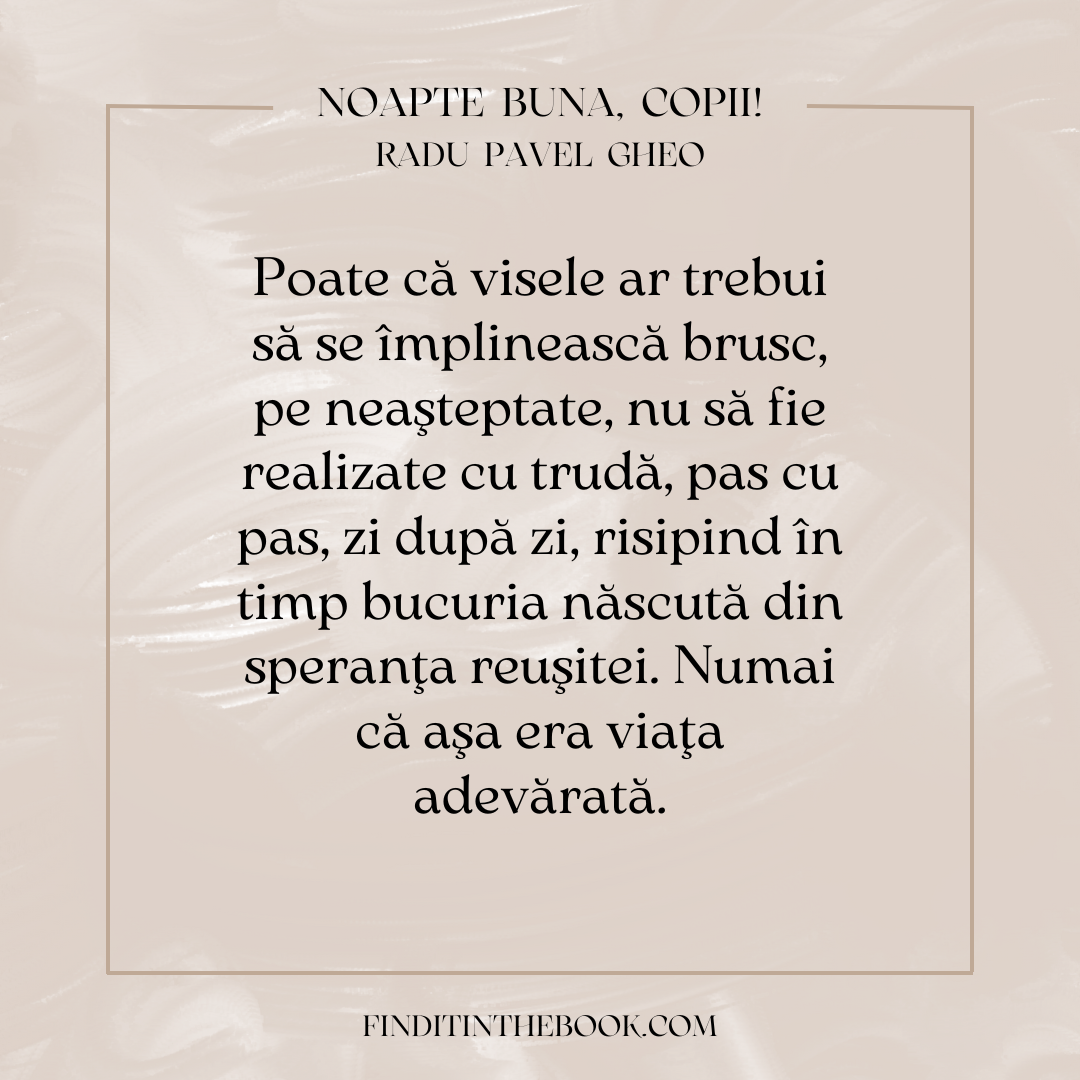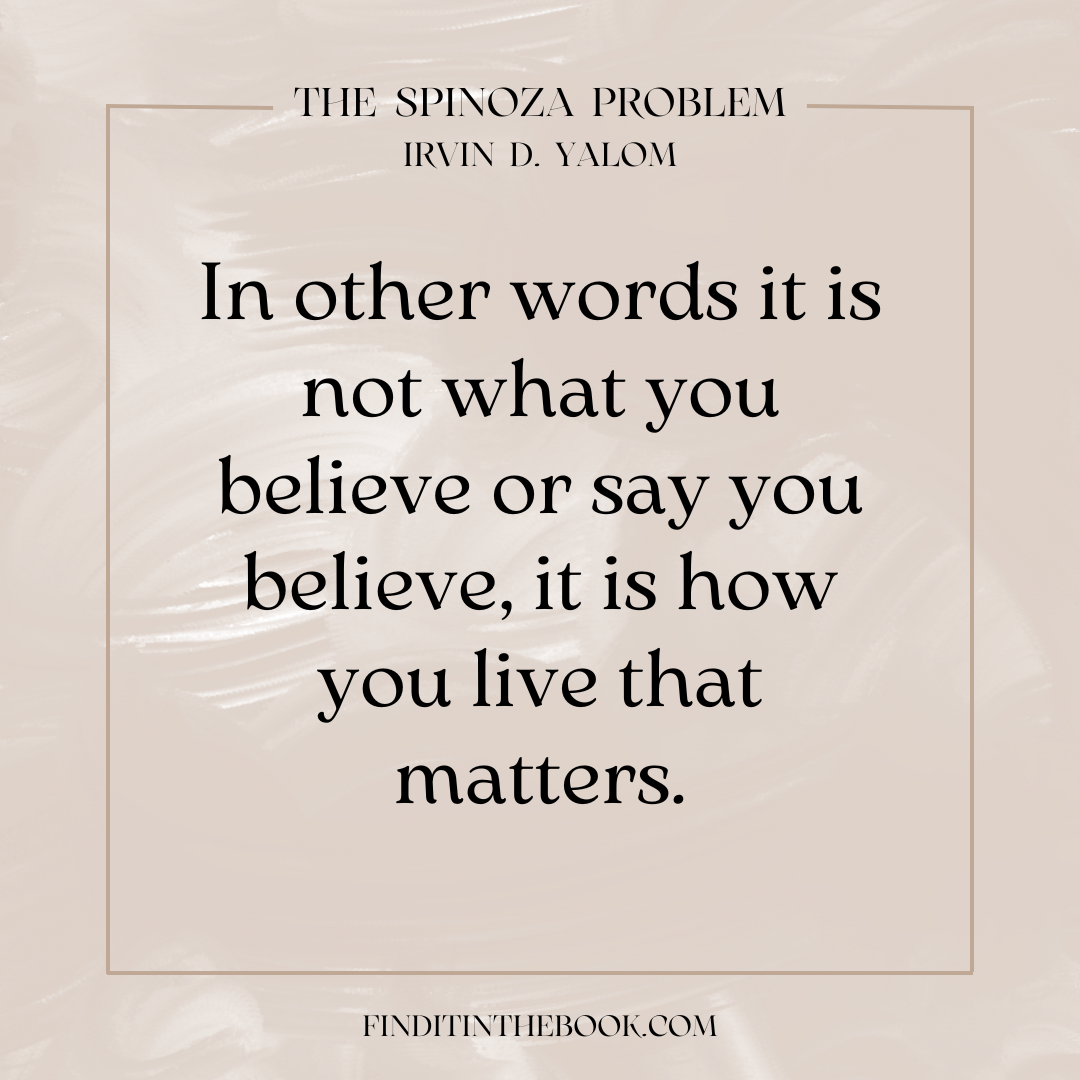-
{EN} White Noise – Don DeLillo
1. “All plots tend to move deathward. This is the nature of plots. Political plots, terrorist plots, lovers’ plots, narrative plots, plots that are part of children’s games. We edge nearer death every time we plot. It is like a contract that all must sign, the plotters as well as those who are the targets of the plot.” Is this true? Why did I say it? What does it mean? 2. The German tongue. Fleshy, warped, spit-spraying, purplish and cruel. One eventually had to confront it. 3. “Everything is concealed in symbolism, hidden by veils of mystery and layers of cultural material. But it is psychic data, absolutely. The large…
-
{EN} A Grief Observed – C. S. Lewis
1. The death of a beloved is an amputation. 2. And C. S. Lewis and I share, too, the fear of the loss of memory. No photograph can truly recall the beloved’s smile. Occasionally, a glimpse of someone walking down the street, someone alive, moving, in action, will hit with a pang of genuine recollection. But our memories, precious though they are, still are like sieves, and the memories inevitably leak through. 3. I am grateful, too, to Lewis for having the courage to yell, to doubt, to kick at God with angry violence. This is a part of healthy grief not often encouraged. 4. People get over these things.…
-
{EN} The Year of Magical Thinking – Joan Didion
1. Grief is different. Grief has no distance. Grief comes in waves, paroxysms, sudden apprehensions that weaken the knees and blind the eyes and obliterate the dailiness of life. Virtually everyone who has ever experienced grief mentions this phenomenon of “waves.” 2. The English social anthropologist Geoffrey Gorer, in his 1965 Death, Grief, and Mourning, had described this rejection of public mourning as a result of the increasing pressure of a new “ethical duty to enjoy oneself,” a novel “imperative to do nothing which might diminish the enjoyment of others.” 3. The contemporary trend was “to treat mourning as morbid self-indulgence, and to give social admiration to the bereaved who…
-
{EN} Mythos – Stephen Fry
1. There is absolutely nothing academic or intellectual about Greek mythology; it is addictive, entertaining, approachable and astonishingly human. 2. ‘Now. Consider how everything began. En arche en Chaos. In the beginning was Chaos. Out of Chaos came the First Order – Erebus, Nyx, Hemera and their generation – followed by the Second Order, our grandparents Gaia and Ouranos, yes?’ Prometheus gave a cautious nod. ‘Gaia and Ouranos, who then unleashed upon creation the catastrophic aberration of you people, the Titans –’ ‘Hey!’ ‘– and next came all those nymphs and spirits, endless minor deities and monsters and animals and what have you, and finally the culmination. Us. The gods.…
-
{EN} The Lazarus Project – Aleksandar Hemon
1. Americans, we are bound to agree, go out after they wash their hair, with their hair still wet—even in the winter! We concede that no sane Bosnian mother would ever allow her child to do that, as everybody knows that going out with your hair wet commonly results in lethal brain inflammation. 2. Someone is likely to mention the baffling absence of draft in the United States: Americans keep all of their windows open, and they don’t care if they are exposed to draft, although it is well known that being exposed to severe airflow might cause brain inflammation. In my country, we are suspicious of free-flowing air. 3.…
-
{EN} The Immortalists – Chloe Benjamin
1. ‘In a way, I see religion as a pinnacle of human achievement. In inventing God, we’ve developed the ability to consider our own straits – and we’ve equipped Him with the kind of handy loopholes that enable us to believe we only have so much control. The truth is that most people enjoy a certain level of impotence. But I think we do have control – so much that it scares us to death. As a species, God might be the greatest gift we’ve ever given ourselves. The gift of sanity.’ 2. While other religions are concerned with dying, Jews are most concerned with living. The Torah focuses on…
-
{RO} Noapte bună, copii! – Radu Pavel Gheo
1. Poeţi nu am susţinut niciodată. Pentru ei se găsesc destule burse, programe şi proiecte. Toată lumea simte nevoia să protejeze poezia, aşa cum simte nevoia să se ducă la operă. Nu le place, dar au învăţat că e o artă importantă, pentru rafinaţi şi sensibili, aşa că o finanţează, ca să nu pară neciopliţi şi insensibili. 2. Un orăviţean era, prin definiţie, inferior unui locuitor al Reşiţei, care – la rîndul lui – era mai prost cotat ca un timişorean. Iar bucureştenii, locuitorii Capitalei, îi întreceau pe toţi. Desigur, deasupra lor, a tuturor, se aflau occidentalii, indiferent dacă vorbim de un sat din Germania cu două sute de locuitori…
-
{EN} The Spinoza Problem – Irvin D. Yalom
1. ” In his official report, Rosenberg’s officer, the Nazi who did the hands-on looting of the library, added a significant sentence: ‘They contain valuable early works of great importance for the exploration of the Spinoza problem.’ What was the Nazi Spinoza problem?” Like a mime duo, my hosts hunched their shoulders and turned up their palms. I pressed on. “You’re saying that because of this Spinoza problem, they protected these books rather than burn them, as they burned so much of Europe?” They nodded.” 2. “Consider this world where a son smells the odor of his father’s burning flesh. Where is the God that created this kind of world?…
-
{EN} Purple Hibiscus – Chimamanda Ngozi Adichie
1. “Papa was staring pointedly at Jaja. “Jaja, have you not shared a drink with us, gbo? Have you no words in your mouth?” he asked, entirely in Igbo. A bad sign. He hardly spoke Igbo, and although Jaja and I spoke it with Mama at home, he did not like us to speak it in public. We had to sound civilized in public, he told us; we had to speak English. Papa’s sister, Aunty Ifeoma, said once that Papa was too much of a colonial product. She had said this about Papa in a mild, forgiving way, as if it were not Papa’s fault, as one would talk about…
-
{EN} What I’d Rather Not Think About – Jente Posthuma
1. According to him, the urge to kill yourself was a sign of true intelligence and sensitivity, a desire to escape the suffocation of the ego. For those who recognised the pointlessness of everything, suicide—or total surrender—was the only alternative. 2. He said I was naïve and that he’d never, ever use painkillers to end his life. The risk of failure was too great. 3. Suicide is an aggressive act, Elza recently said. If you’re capable of ending your own life, then you must at least have the capacity for violence. 4. If you tell yourself, I’m going to remember this moment for the rest of my life, then you…






